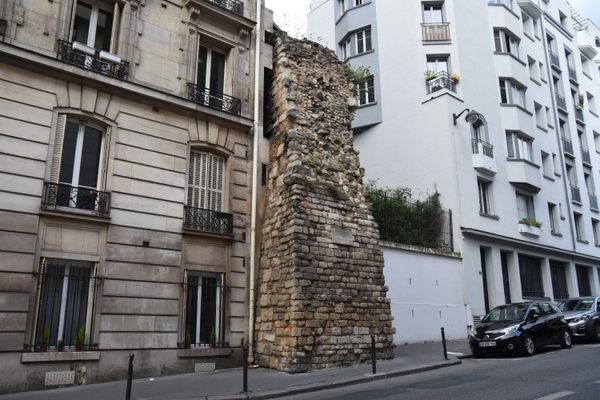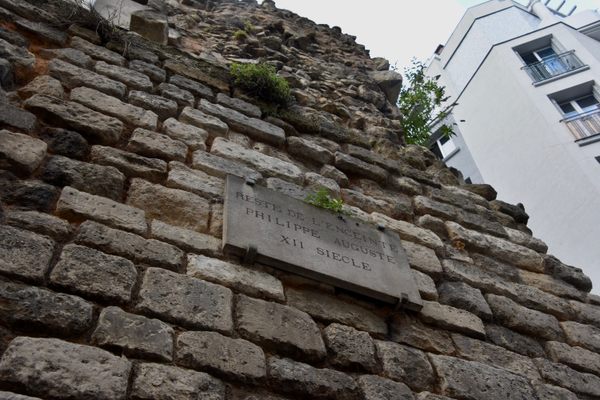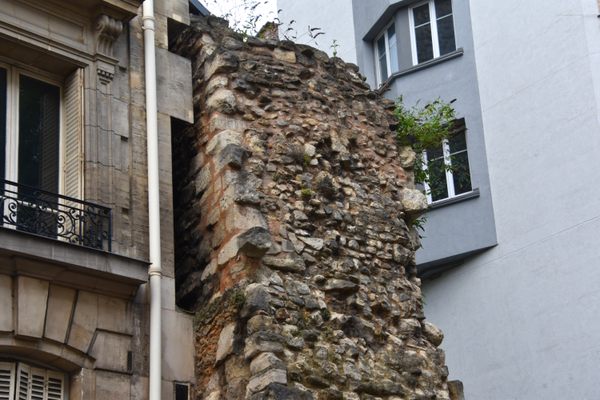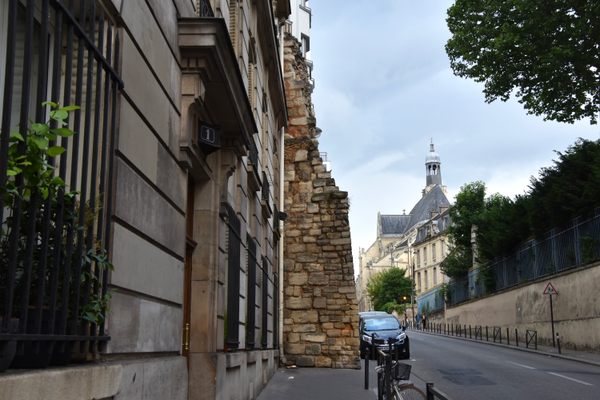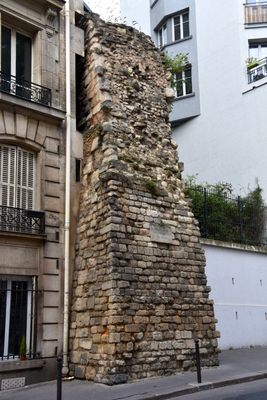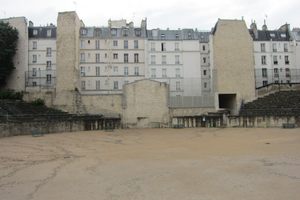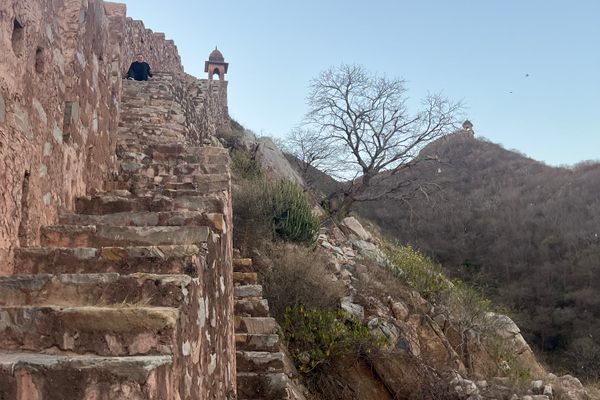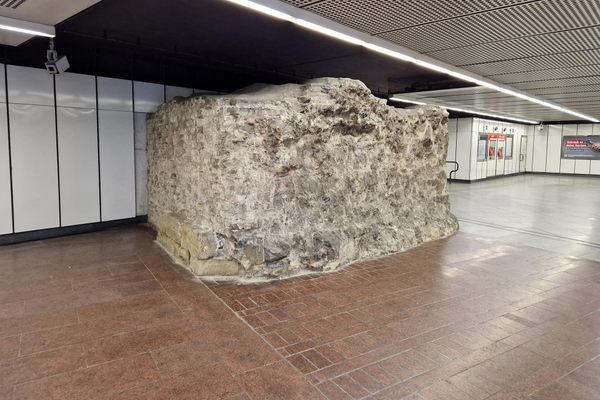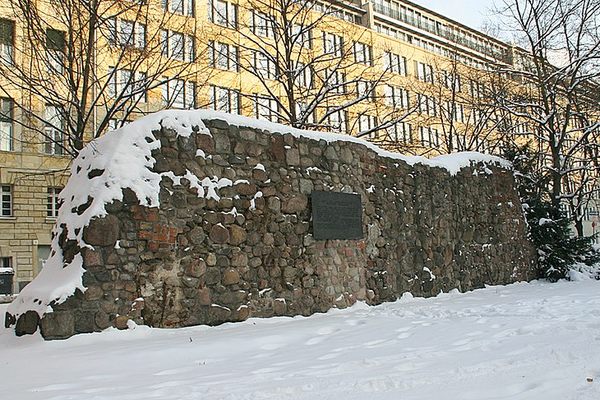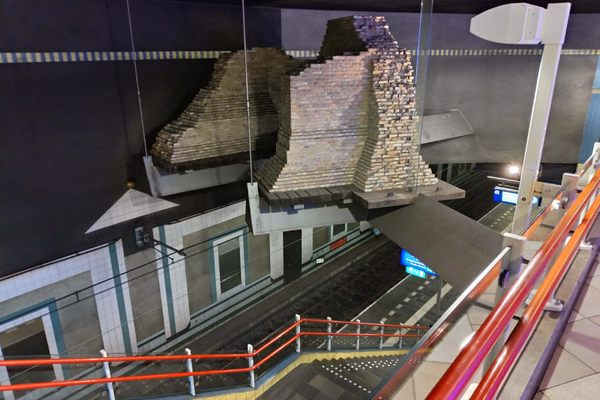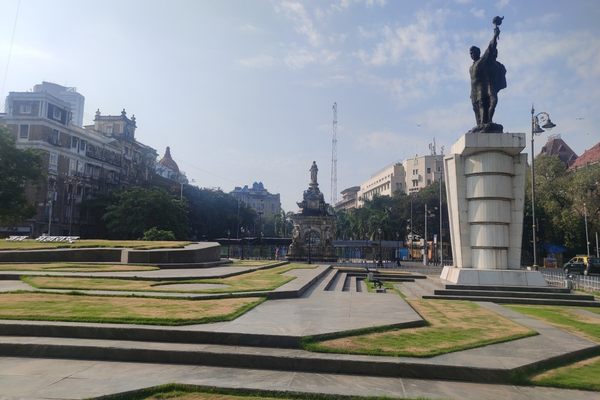About
Sandwiched by typical Parisian townhouses, the remains of the late 12th-century city wall stands largely forgotten and little appreciated. It's one of the few remnants of medieval Paris, built on the orders of Philip II Augustus to defend the city from the Plantagenet forces in his absence while he was away for the Third Crusade.
Right on the western edge of Philip II Augustus's wall, on the Seine riverside where enemy ships might arrive from, a military fortress was built in 1190 to complete the city defense. This was the Louvre Castle, whose later incarnation would house France's—and the world's—foremost museum.
The extent of the city wall was diminished over the years, demolished in parts and largely destroyed by the end of the 17th century, as well as its towers and bastions. Today, the best-preserved remains can be seen at the intersection of Rue Charlemagne and Rue des Jardins St Paul, including a portion of the Montgomery bastion tower. There is also a wall remnant on Rue Clovis, the curtain portion showing the ashlar facing and rubble core. The recently restored residence of the Dukes of Burgundy, the Tour Jean Sans Peur on Bd Etienne-Marcel, has a direct escape access to another remnant of the wall.
Related Tags
Published
April 18, 2023
